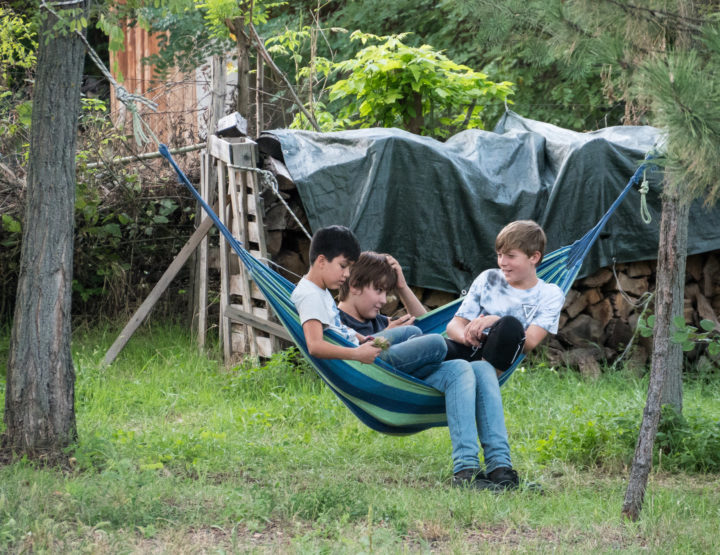In 1999, the United Nations General Assembly designated 12 August as International Youth Day. It seeks to promote the role of young people as essential partners in processes of change and to create a space to raise awareness of the challenges and problems they face. One of them is that fear is still present in the classroom.
There are many challenges facing young people, but today, I focus on the one that seeks to overcome the culture of fear that reigns in the classroom as a result of a hierarchical, authoritarian and strongly sexist education system that confronts generations that value participation, freedom, critical thinking and creativity.
It is estimated that today there are approximately 1.8 billion young people between the ages of 10 and 24. Never before has this age group been so large or so educated. It is a generation open to the world, to other cultures, to new technologies and to a planet that is approaching the limits of its own sustainability. A world that is constantly changing and yet the generation gap in the school system is getting deeper and deeper.
I remember more than 20 years ago being called by one of my son’s teachers to complain about his long hair, his questioning personality and his “indiscipline” because he did not conform to the norm. Fortunately, he was valued by a great educator at the same school who said that it was people like him who would change the world.
More than 20 years have passed and I heard my daughter complain that my grandson was reprimanded for having his hands in his pockets while his teacher was talking to him. It wasn’t the hands in his pockets, it was his awkward questions that sought to delve deeper and understand the subject they were studying instead of memorising without reasoning.
With each passing day, young people are becoming more empowered and education professionals continue to be part of a system overtaken by reality. The imposition of hierarchical power and the culture of fear no longer works because, as Seneca said to Nero: “Your power lies in my fear; I am no longer afraid, you no longer have power”.
Unfortunately, this reality is interpreted to mean that young people no longer have respect for anything or anyone, and at Fundación Semilla we know very well that this is not the case. In order to close the gap, it is essential that the education system prioritises socio-emotional education and the corresponding skills.
For fear to cease to be present in the classroom, we must all understand that social-emotional skills are not taught like traditional subjects because they are cross-cutting in nature. If teachers were able to reinvent themselves because of the pandemic, they now have the challenge of prioritising social-emotional education because their students come with significant damage and need their teachers to restore their balance.
Marcelo Trivelli
President of Fundación Semilla and Member of the Regional Network for Global Citizenship Education in Latin America and the Caribbean.






